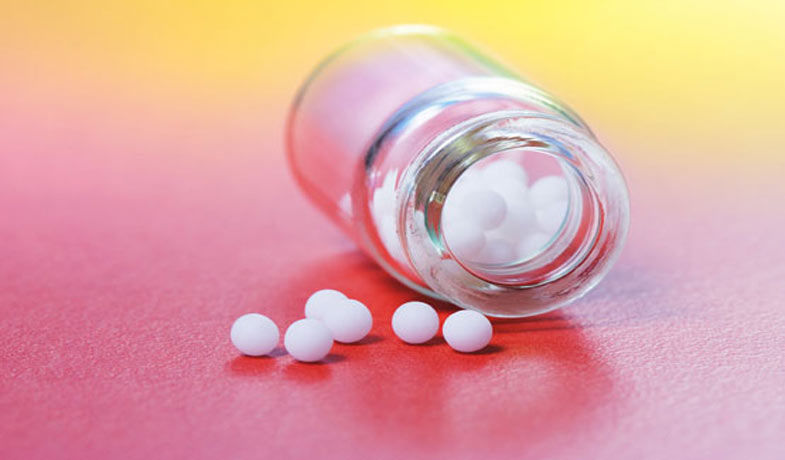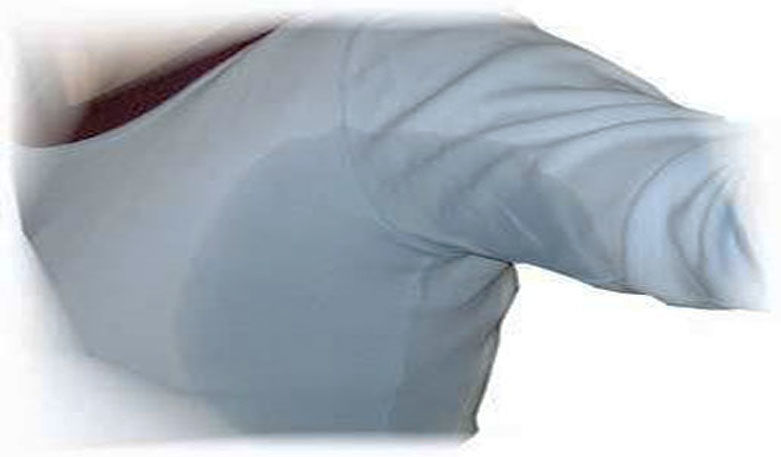However, our skin is not prepared for daily bathing. The skin’s natural water and oil film can be affected by constant bathing. Skin conditions that dermatologists call wear and tear eczema can occur.
Taking a shower is a pleasure and not only cleans, but also puts you in a good mood. So it’s no wonder that, according to the Detergent and Industry Association, 71% of men use this morning pick-me-up every day. From a dermatological point of view, this is generally not advisable, on the contrary: correct bathing behavior should help to care for and maintain skin health. After all, at these moments you pay a lot of attention to your skin.
However, incorrect shower behavior can cause problems. These tips should protect you from that:
Do not shower for more than 7 to 10 minutes. This time is completely sufficient to cleanse the skin. If it takes longer, applying cream is mandatory. Hot baths cause the thin protective film on the skin’s surface, the film of water and fat, to deteriorate more quickly. It must remain intact, as it performs a very important protective function for the epidermis. Do not scrub your skin with exfoliating products. They not only remove the hydrolipid film, but also part of the extremely thin and delicate 0.01 mm upper stratum corneum of the skin. Although the skin becomes beautiful and soft, this effect lasts for a maximum of 3 days. Then the old condition is restored. During this period, however, the skin can be more easily attacked by bacteria and fungi. Choose a mild liquid soap, preferably with a pH of 5.5. This is the value that is already naturally present in the skin. Solid soaps generally have a much higher pH value, so they are not ideal for the skin.
Only allow the shower gel or scalp shampoo to take effect for a maximum of 1 to 2 minutes. A sufficient cleansing effect is achieved on slightly dirty skin. The task of active washing shower gels is to cleanse the skin in areas heavily occupied by sweat, sebum or odor glands. These are the regions of the scalp, face, armpits, intimate area and feet. The contact time of shower gels should be significantly shorter on the arms and legs. Allergy sufferers should pay close attention to ensure there are no harmful allergens in bath products.
The second refreshing bath in summer, the second bath when you sweat excessively or after exercise, can generally do without cleaning. After showering, if you have a tendency to dry or sensitive skin, you should apply cream. You can choose between milks for normal or dry skin. If this is not enough, creams should be used, preferably with the addition of urea. If a silky, matte shine appears on the skin after care, the skin has been sufficiently hydrated and the natural hydrolipid film has been restored.
If you followed all the advice, your skin will thank you. You will feel comfortable in your own skin. If this is not the case, if your skin appears stressed, wrinkled and brittle or if you feel itchy when taking a shower, seek dermatological treatment.





